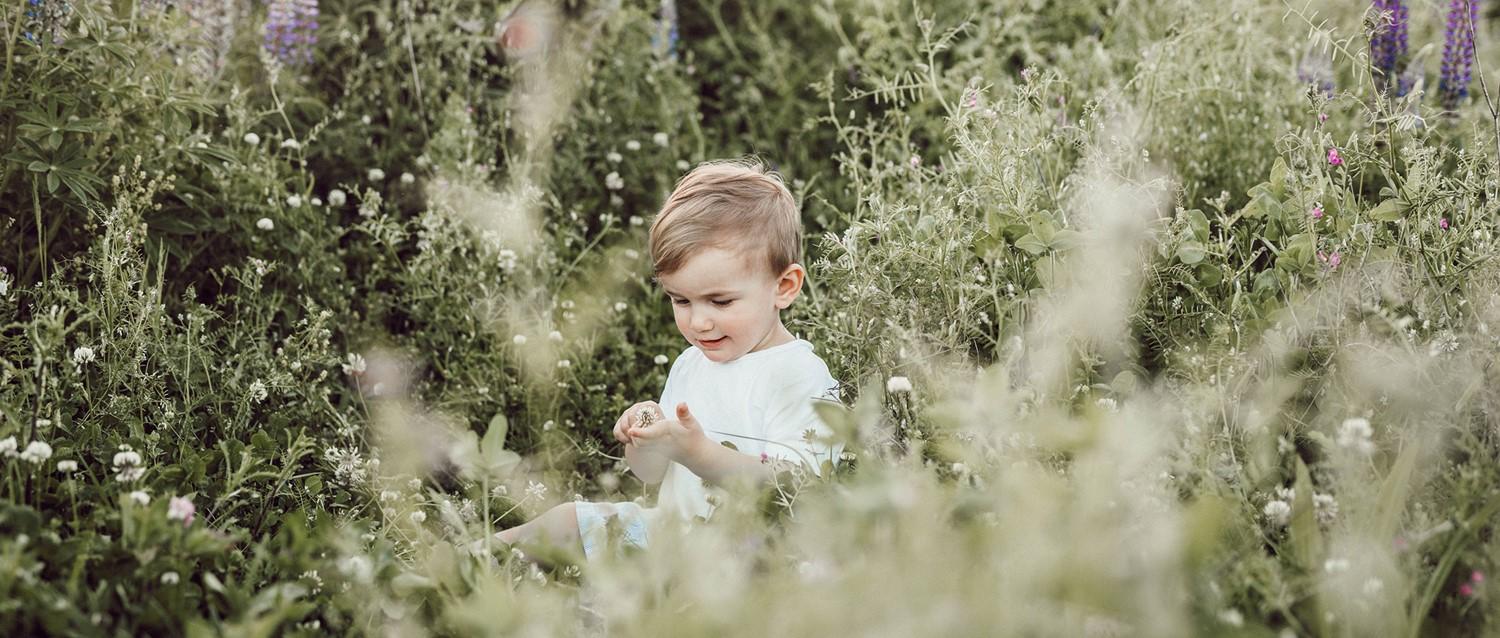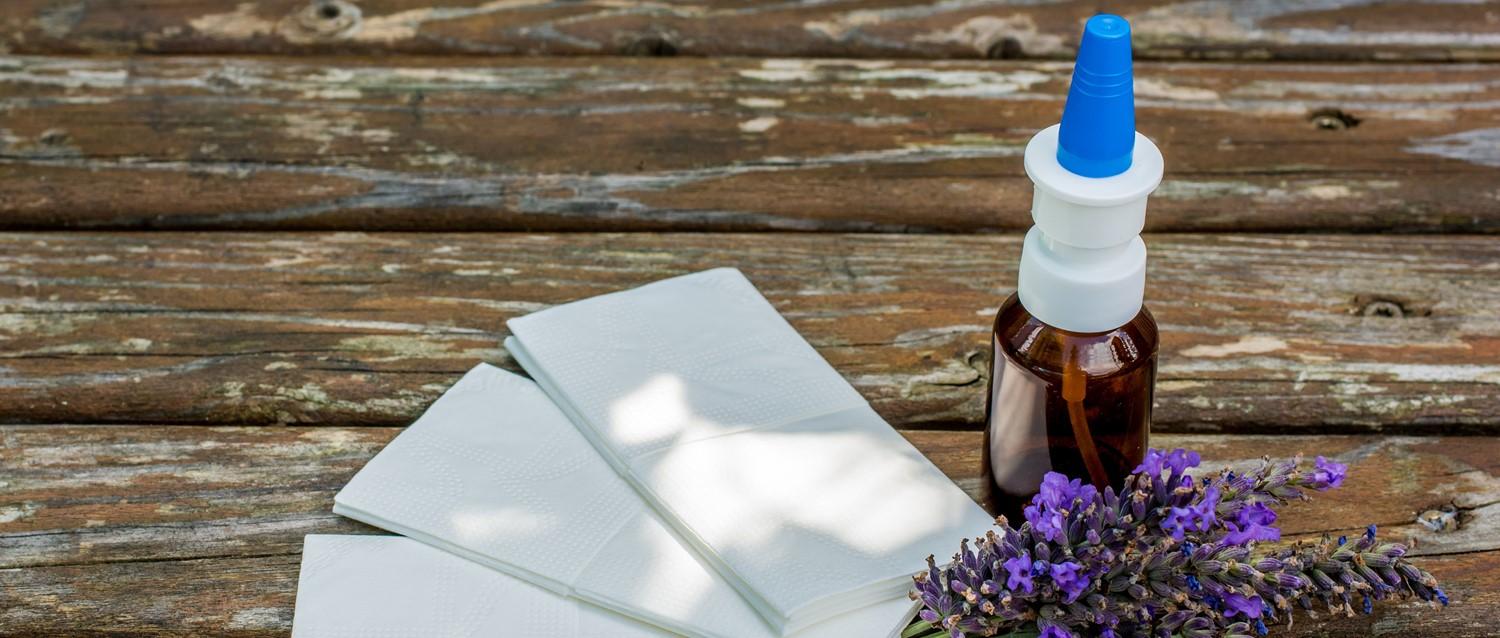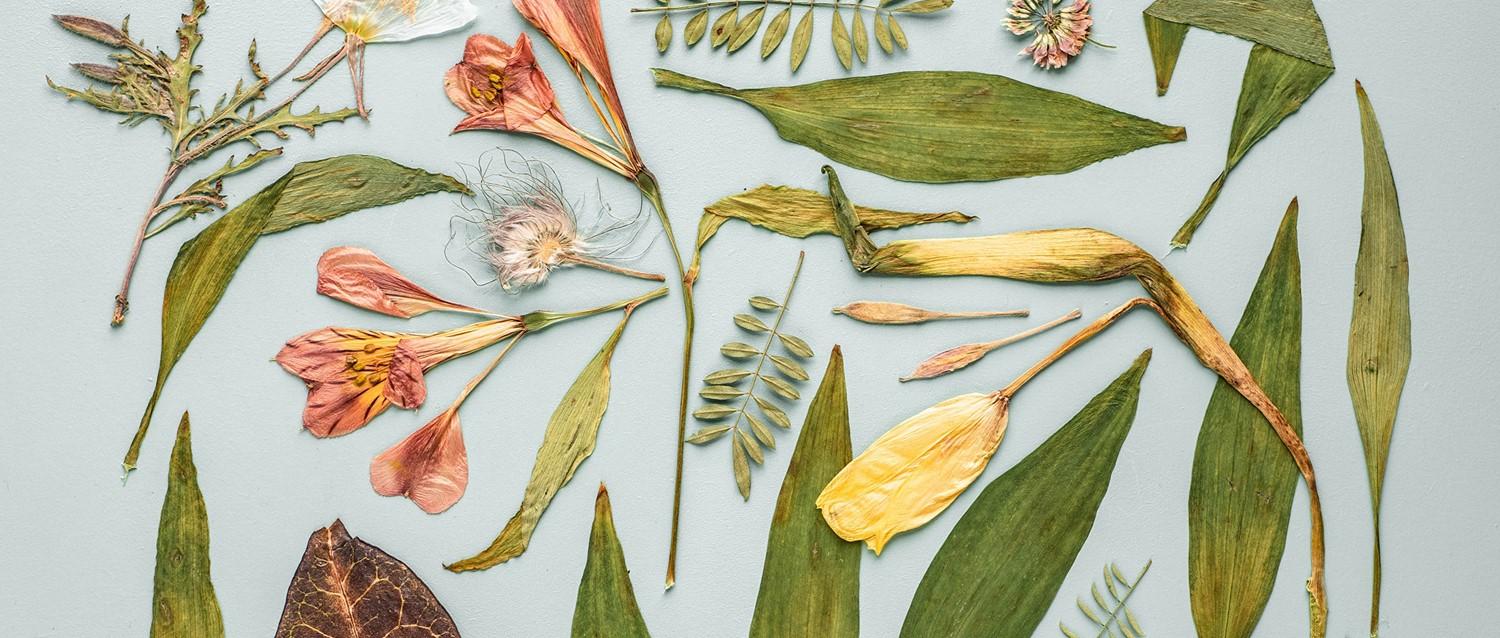
What works best for treating hay fever in children?
Peer reviewed by Dr Sarah Jarvis MBE, FRCGPLast updated by Kerry Taylor-SmithLast updated 23 Apr 2019
Meets Patient’s editorial guidelines
- DownloadDownload
- Share
- Language
- Discussion
Runny noses and itchy eyes are incredibly annoying; combined with a nasty cough or wheeze, hay fever can make for pretty miserable children. So, what causes the condition and how can parents help their little ones cope?
In this article:
Hay fever, or allergic rhinitis, is caused by an allergic reaction to pollen; the body makes specific antibodies when pollen comes into contact with the mouth, eyes, nose or throat. The condition has become increasingly common and affects one in four of the population - that's around 13 million people.
Diagnosis is often made by looking at medical history - so if the same symptoms present themselves at the same time of year, hay fever is likely - and there is no need for any tests. Hay fever rarely affects children under 5 years, and many of its symptoms are similar to that of a cold, although the latter is often accompanied by a temperature.
Indicators of hay fever include: sneezing and coughing; a runny or blocked nose; itchy, red, watery eyes; itchy throat, mouth, nose and ears; headache or earache and fatigue or feeling tired.
Sufferers may also have a tight feeling in their chest, be short of breath or wheeze and cough, and unlike a cold, symptoms may last for weeks or months. If severe enough, hay fever can affect a child's quality of life and attendance at school, and it is a known risk factor for the development of asthma. What's more, it can worsen symptoms of asthma in children who have already been diagnosed with it.
Continue reading below
When symptoms peak
Symptoms are normally worse in the early mornings and late afternoons between late March and September when it is warm, humid and windy, and the pollen count is high. Symptoms will vary depending on weather; clear, dry days see higher pollen levels, while cool, wet days have lower levels as the rain washes pollen from the air.
The condition will also affect different people at different times, depending on the type of pollen they are allergic to. Most people tend to suffer between May and July with grass pollen; tree pollen will affect people in late spring (March-May), while others are affected by weed and mould pollens in the autumn.
How can parents help?
Back to contentsThere is no cure for hay fever but there are ways of managing symptoms, which apply not just for children but adults too.
"Keep an eye on the pollen count and plan indoor activities if possible when counts are very high," suggests Dr Robert Boyle, consultant paediatric allergist at The Harley Street Clinic, part of HCA Healthcare UK.
"If you or your child who suffers from hay fever do go outside, try to change and wash clothes when you come back indoors. This will reduce the amount of pollen surrounding you and spreading around the house. For example, giving your child a shower or bath when they're home from school may help to remove pollen.
"It may seem obvious, but keep windows and doors shut as much as possible," Boyle continues. "If your child suffers from hay fever, try to keep their bedroom door and windows shut during the day so that it minimises any irritation overnight."
Boyle also suggests wrap-around sunglasses to stop pollen irritating the eyes directly, and using a vacuum cleaner with an HEPA filter which collects pollen in the summer months. An air purifier or air-conditioning system with a HEPA filter might also be beneficial.
Other tips include staying away from cut grass and flowers, and avoiding catkins on hazel, alder or silver birch trees when they are pollinating if you are allergic to those species. Boyle states that allergy testing can help define which pollens are triggering symptoms, and whether symptoms are mainly caused by allergy or not. However, this is rarely available on the NHS for 'simple' hay fever, as it doesn't change advice or treatment.
Continue reading below
When to use antihistamines
Back to contentsSome people find relief by soothing itchy, swollen eyes with cotton wool soaked in cold water, and using petroleum jelly or barrier balm around the nostrils to trap pollen.
"We use the HayMax organic allergen barrier balm in the spring," says Claudia Mascino from Bedfordshire. Her 11-year-old daughter, Erin, suffers with hay fever.
"We like it is because Erin can take it with her to school and apply it herself. She can't overdose and it's really effective. And I don't need to constantly be trying to remember when she next needs some medication. We also try to avoid walking near fields that we know will trigger Erin's hay fever, and sometimes use child-friendly antihistamines if her hay fever gets really bad."
Antihistamines are available from the pharmacy without prescription in the form of drops, tablets or liquid. Nasal sprays are also helpful at alleviating symptoms, although these aren't usually available without a doctor's prescription.
"Keep antihistamines, nasal sprays or eye drops on hand to use if symptoms are troublesome," says Boyle. "Antihistamines provide fast relief for most people and some are safe for children - but speak with your pharmacist if you are unsure."
Taking a few simple steps can help minimise your child’s exposure to pollen - staying inside and keeping their room shut up during the day can make for easier nights. If going out, wrap-around sunglasses and a barrier balm around the nose can stop pollen reaching the eyes and nose, and a quick shower or change of clothes when getting home can prevent the spread of pollen around the home.
Patient picks for Hay fever

Allergies, blood and immune system
Which type of hay fever nasal spray is right for you?
For hay fever sufferers, it's almost impossible to totally avoid pollen throughout spring and summer. Thankfully, there are treatments that can provide hay fever relief, and these come in the form of oral tablets, eye drops, non-drug methods, and nasal sprays. With so many options to consider, how do you know if nasal sprays are right for you, and which type of hay fever nasal spray is best?
by Amberley Davis

Allergies, blood and immune system
When is hay fever season in the UK - and how can you avoid the symptoms?
For one in five of us, the arrival of spring or summer after the long, cold winter months is a mixed blessing - and a microscopic powder is to blame. Hay fever is cause by an allergy to pollen produced by grass (hence the 'hay' in hay fever) or sometimes trees or weeds.
by Dr Sarah Jarvis MBE, FRCGP
Continue reading below
Article history
The information on this page is peer reviewed by qualified clinicians.
23 Apr 2019 | Latest version

Ask, share, connect.
Browse discussions, ask questions, and share experiences across hundreds of health topics.

Feeling unwell?
Assess your symptoms online for free
Sign up to the Patient newsletter
Your weekly dose of clear, trustworthy health advice - written to help you feel informed, confident and in control.
By subscribing you accept our Privacy Policy. You can unsubscribe at any time. We never sell your data.